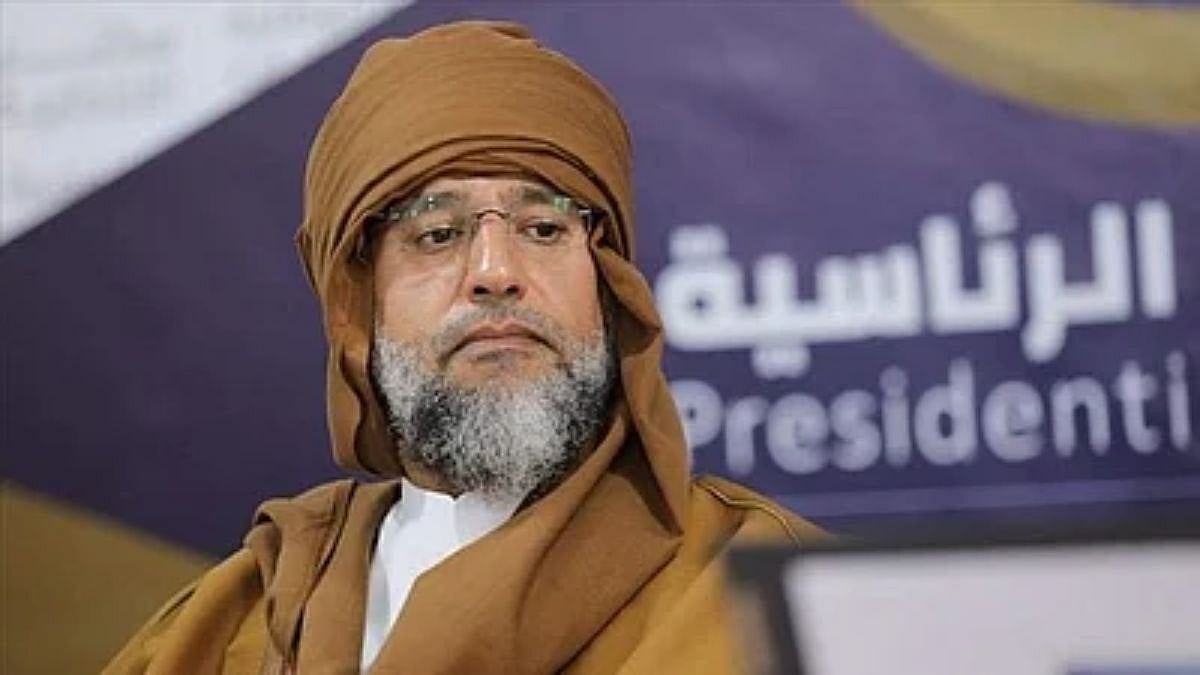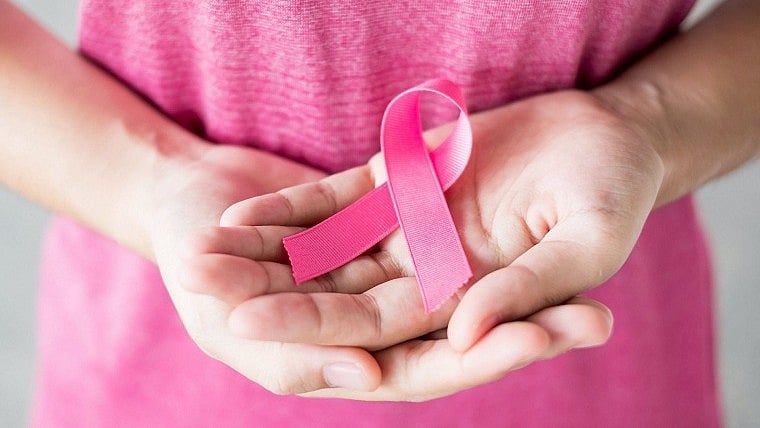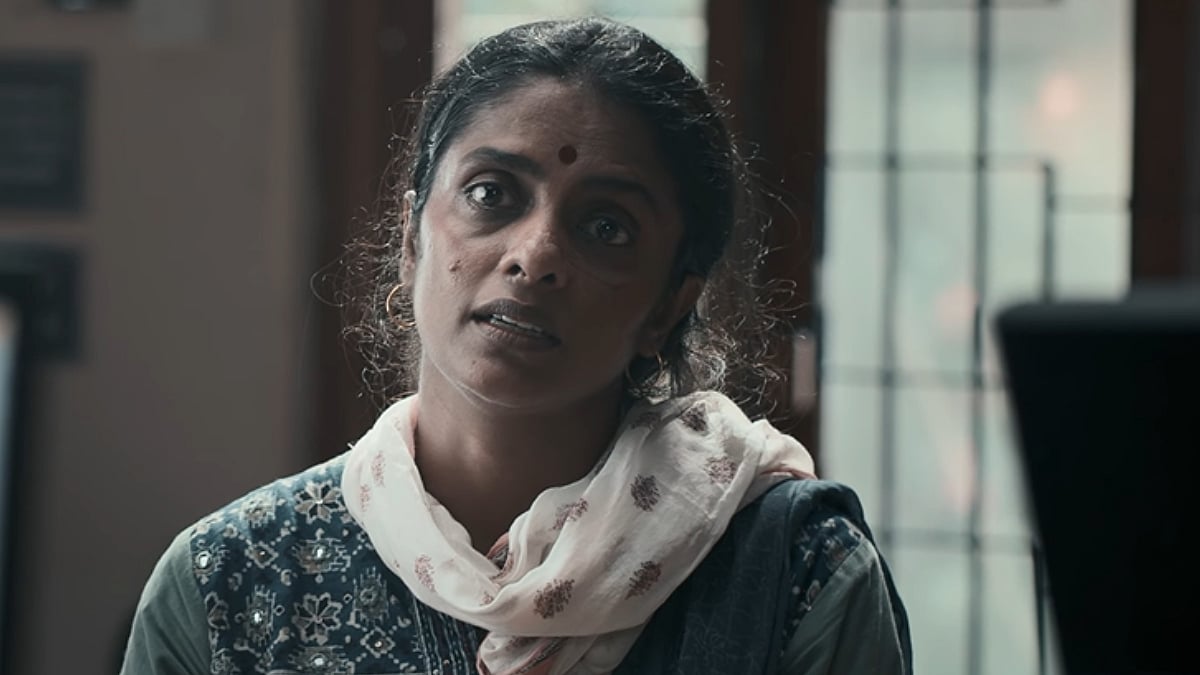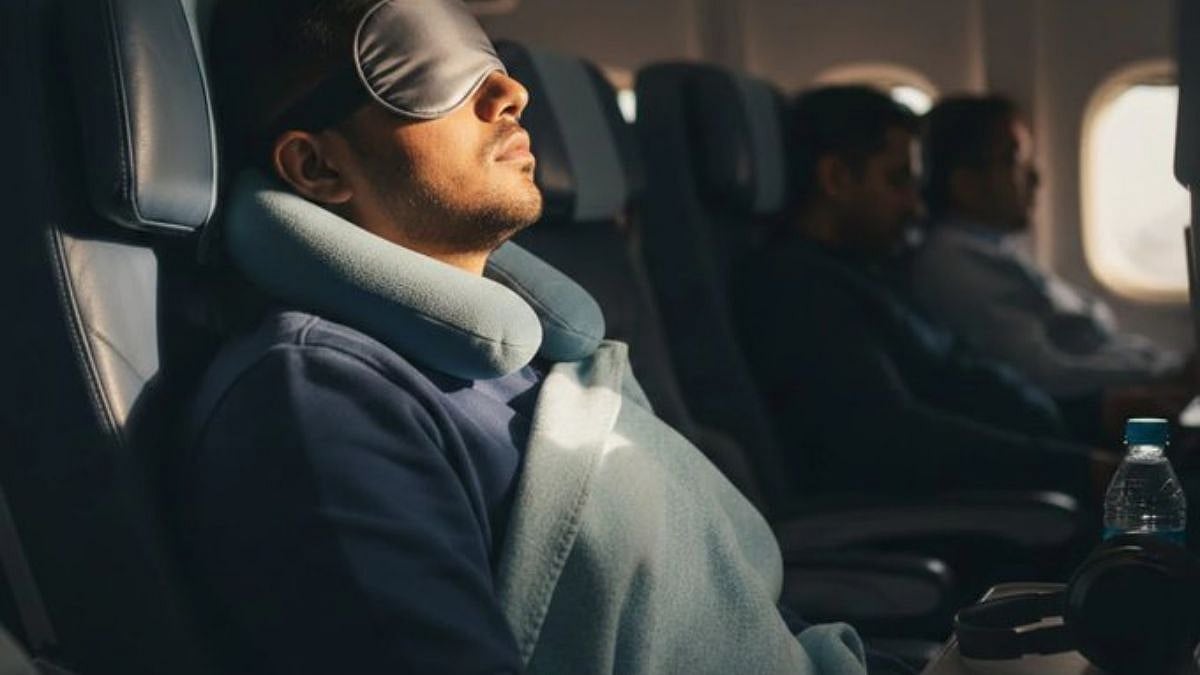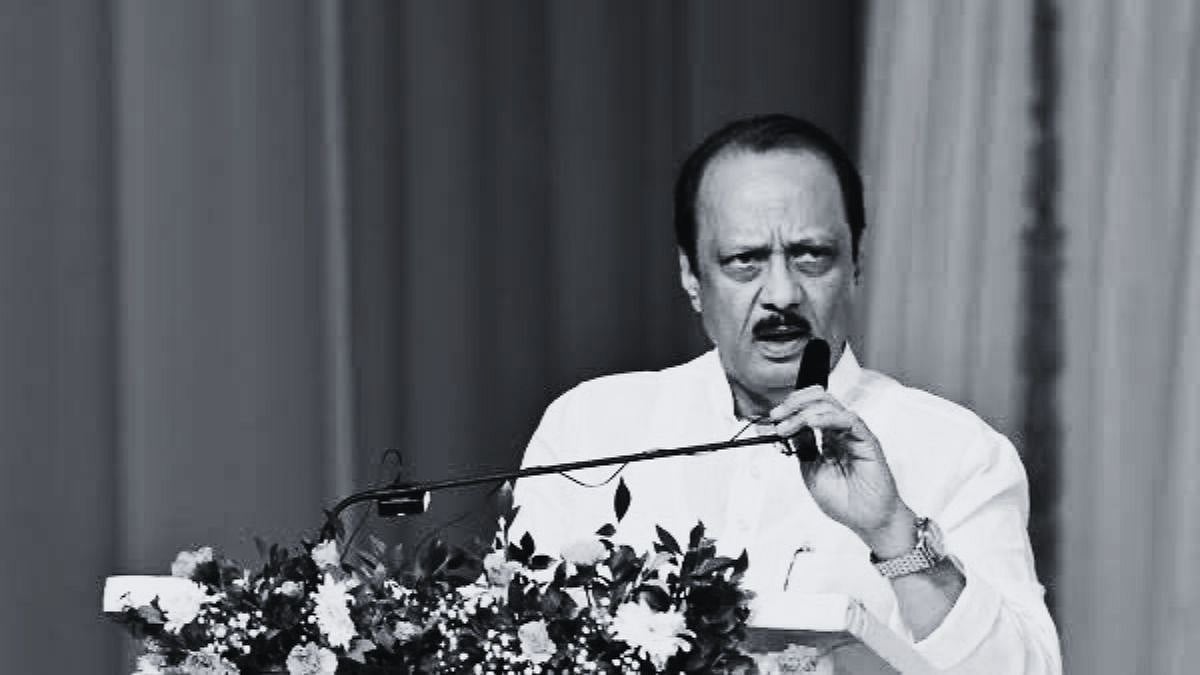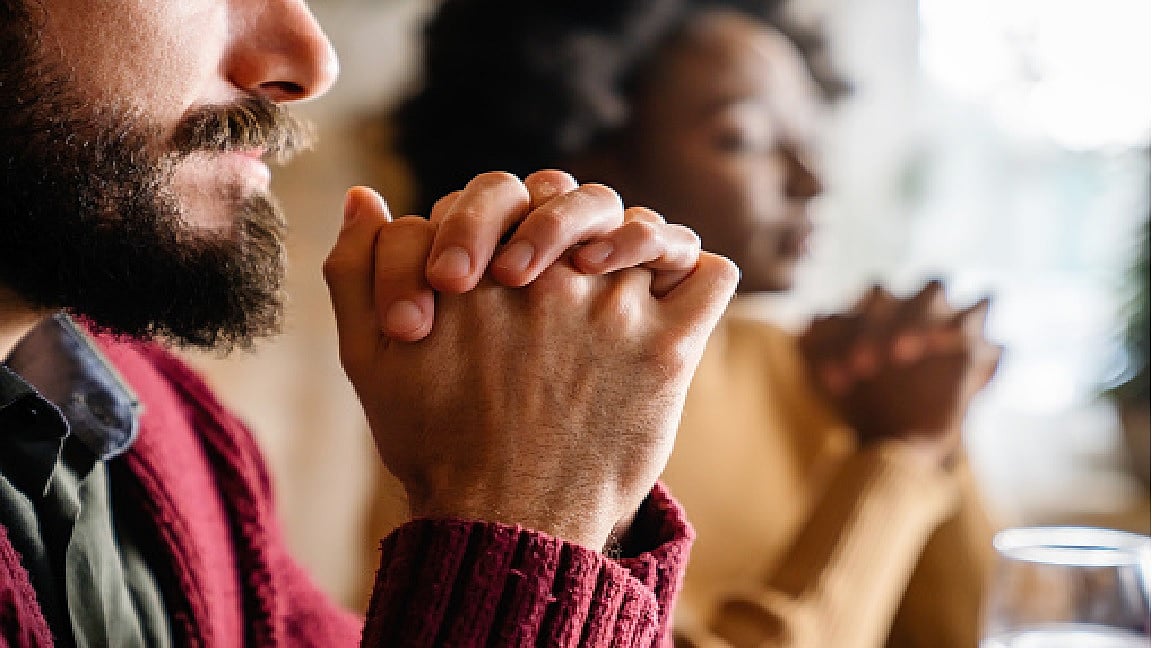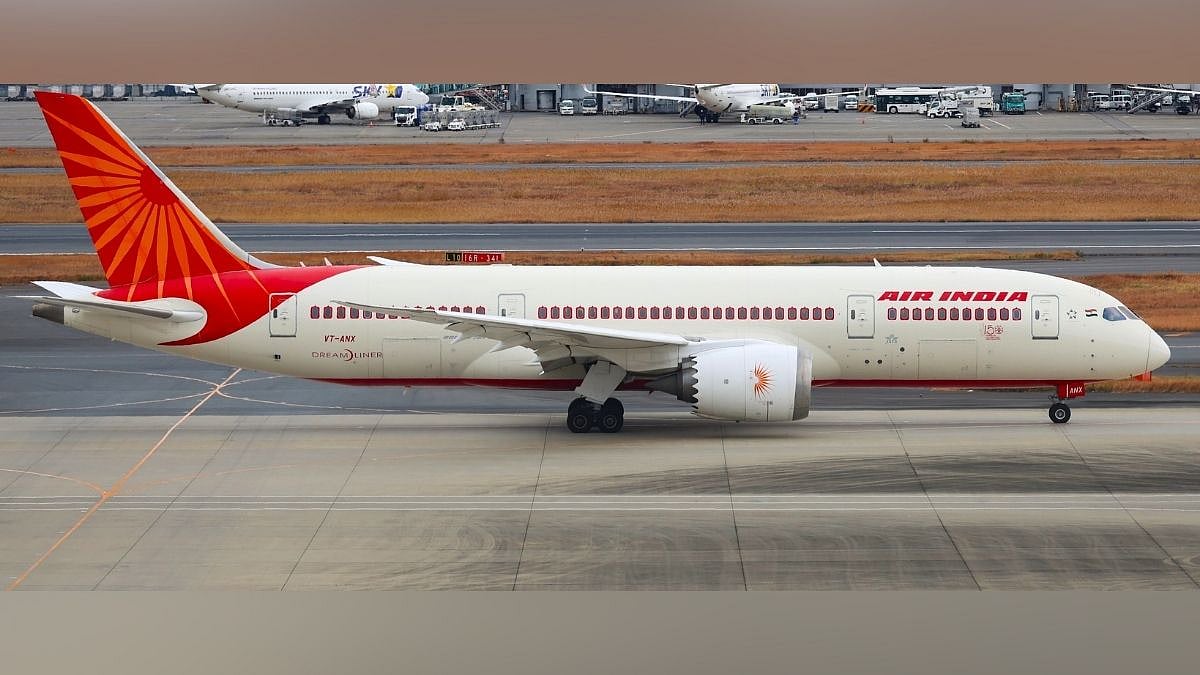Is the cycling culture that bloomed during the pandemic withering away with the resumption of normal traffic? Or does the buzz indicate that this is the beginning of a cycling revolution?
Cycling and cyclists in Indian cities today are like the lover in Shakespeare’s lost poem, `Shall I die? Shall I fly?’ Indeed, like love, cycling in Mumbai is fraught with danger. Common sense says that it is back to being an adventure sport. One can get knocked down and killed like 12- year-old Aksha Malu last month.
The boy and his father were returning home at 5 am on a Sunday with two other kids. They reckoned it was a safe time but no Indian road is ever safe for a cyclist; minutes away from their housing complex on Jogeshwari-Vikhroli Link Road, a cement mixer rammed Aksha’s bike.
Experienced bikers too meet with fatal accidents. In November 2017, Ashok Khale (64), a champion cyclist and a mentor for many was killed on the Vashi bridge as he was pedalling from his residence in Dadar to Khopoli on a Sunday.
Environmentalist Sunita Narain had a nasty collision while cycling in Delhi not so long ago. The NITI Aayog report on bicycles says that cyclists constituted 2.4 per cent of fatal road accidents in India during 2018. Even otherwise, danger lurks underfoot in potholes and drain grates which are poorly laid and sometimes open. But like love,Indians have taken to cycling despite all the dangers.
Cycle sales which were stagnant before the pandemic grew by over two-fold, so much so that one has to wait four months for light-weight, geared cycles which cost up to Rs 3 lakhs.
The adoption of cycling as a lifestyle is growing across age groups and is proof that the pandemic has changed mindsets. Entrepreneurs and politicians have been quick to cash in on this. Digital rental bike systems, which one sees in European countries, have cropped up in cities across India.
Politicians are wooing GenX voters by setting up cycle tracks wherever possible and even organising cyclothons. On a national level, the India Cycles4Change Challenge launched in June 2020 prioritises the promotion of cycling through a collaborative method.
Various state government initiatives such as Karnataka’s free bicycle distribution and West Bengal’s 25 lakh bicycle distribution further promote cycling. The Delhi government has decided to give a 25 per cent subsidy on the purchase of ebikes. Closer home in Mumbai, this Sunday, 13 stretches of road from Marine Drive to Band Stand will be reserved for cycling or any other activity that people happy.
One can only hope that this pilot project succeeds like `Ciclovia’ in Bogota, Columbia, where 121 km is kept aside for cycling and fun activity from 7am to 2pm on Sundays, promoting tourism in a big way. Mumbai has built up a cycling culture in the last ten years. Cyclists hit the road early in the morning on weekends.
There’s a cycling club in virtually every Mumbai suburb with membership running intohundreds; from schoolboys to senior citizens. They organise long rides during the weekends which cover forts to flowering trees flamingo sites and at times, heritage precincts.
Then there are timed long-distance endurance events called brevets. However, the bulk of the riders are youngsters such as Nikhil George (27); a corporate executive whose weekday ride is from Worli to Nariman Point and back before the traffic starts. These young riders take precautions such as helmets, lights, bright uniforms, gloves, water bottles, riding in packs, and carrying their identity cards with them.
Maharashtra’s Environment and Tourism minister Aaditya Thackeray has been pushing cycling although in his over-enthusiasm he tried to make a cycling track around Powai and Vihar lakes which are environmentally unsound. His dream project is a 39-km-long and 10-m wide track to be built on the space created by relocating 15,000 hutments along the Tansa pipeline— stretching from the eastern suburb of Mulund to Wadala in Mumbai city ---to seems to have run into trouble.
However, phase 1 of the cycle track at BKC is complete. The 8.5km long promenades from Hali Ali to Worli to come up along with the Coastal road will also have a cycling track. Cycles will also prove useful in the last-mile connectivity from the metro stations which soon dot Mumbai.
The place where cycling has taken off is Navi Mumbai where the Public Bicycle Sharing System(PBSS) or also known as Yulu Bikes introduced in 2018 has earned carbon credit worth Rs 38.61 cr from over 8.14 lakh rides. More than 2.5 lakhs citizens have already used the system. Now, the civic body has proposed to make a cycle track of around 7.5 km along the iconic Palm Beach Road.
The Energy Research Institute (TERI) estimated in its 2018 report, ‘Benefits of Cycling in India: An Economic, Environmental, and Social Assessment, 2018’, that cycling for short distances can result in an annual benefit of Rs 1.8 trillion to the Indian economy, which is equivalent to 1.6% of India’s annual GDP.
However, cycling enthusiasts bemoan the lack of advocacy and policy intervention. Bureaucrats themselves admit that there has been a lot of reluctance towards introducing cycles in Mumbai. Inaugurating the public cycle sharing system from Versova Metro station last year, the then MMRDA chief R A Rajeev had said, “There has been a reluctance to introduce bicycles in Mumbai by saying that the roads are congested. There are, however, two aspects to it.
We have to introduce more of these facilities and people should also start cycling more. This will create a revolution and also decongest the roads.” He further said that when there are more cyclists on road, city planners will be forced to create space for them. “Create the demand and the city will give you space,” he said. The question however is: how many cyclists will have to die before that happens.
(The writer is an independent journalist based in Mumbai and writes on civil society, law enforcement, environment, and urban development. He tweets @anilsingh703)

